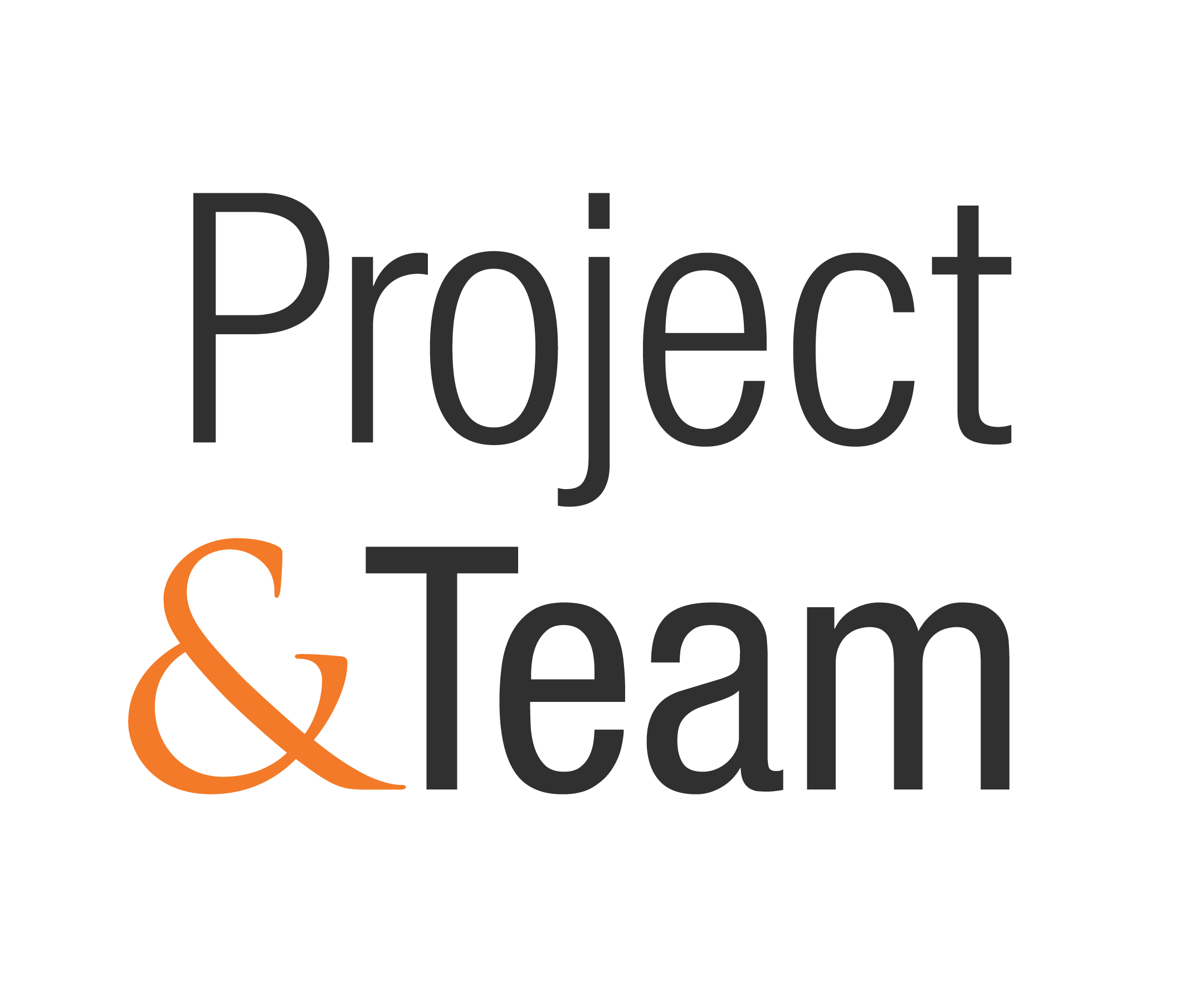SAFe® 5 for Agile Software Engineering (ASE)
Type: Certification
Level: Intermediate
SAFe® 5 for Agile Software Engineering
A Certified SAFe® 5 Agile Software Engineer (ASE) applies Test-First principles to create alignment between tests and requirements, communicates with Agile modeling, creates shared understanding with Behavior-Driven Development (BDD), builds applications with code and design quality, and applies Lean-Agile principles to optimize the flow of value.
Course Summary
The introduction of Lean-Agile and DevOps principles and practices into software engineering has sparked new skills and approaches that help organizations deliver higher-quality, software-centric solutions faster and more predictably. This three-day, workshop-oriented course explores foundational principles and practices and how continuous flow of value delivery and built-in quality are enabled by XP technical practices, Behavioral-Driven Development (BDD), and Test-Driven Development (TDD). Attendees will learn proven practices to detail, model, design, implement, verify, and validate stories in a SAFe® Continuous Delivery Pipeline, as well as the practices that build quality into code and designs. Attendees will also explore how software engineering fits into the larger solution context and understand their role in collaborating on intentional architecture and DevOps.
What you’ll learn
To perform the role of a SAFe® Agile Software Engineer, you should be able to:
Define Agile Software Engineering and the underlying values, principles, and practices
Apply the Test-First principle to create alignment between tests and requirements
Create shared understanding with Behavior-Driven Development (BDD)
Communicate with Agile modeling
Design from context for testability
Build applications with code and design quality
Utilize the test infrastructure for automated testing
Collaborate on intentional architecture and emergent design
Apply Lean-Agile principles to optimize the flow of value
Create an Agile Software Engineering plan
What Attendees Get
Class registration includes:
Attendee workbook
Preparation and eligibility to take the SAFe® 5 ASE exam
One-year membership to the SAFe Community Platform
Course certificate of completion
Attendees must attend both days of the course in order to be eligible for the exam.
SAFe Certification Kit
Attendees who pass the certification exam will receive:
SAFe® ASE certification exam certificate
A SAFe® ASE certification digital badge to promote your accomplishment online
A one-year certified membership as a SAFe® ASE, which includes access to the RTE Community of Practice
A SAFe® ASE certification usage guide with ARCH certification marks
Access to a variety of learning resources to support certified professionals during their SAFe journey
Topics Covered
Introduction to Agile Software Engineering
Connecting Principles and Practices to Built-In Quality
Accelerating Flow
Applying Intentional Architecture
Thinking Test-First
Discovering Story Detaile
Creating a Shared Understanding with Behavior-Driven Development (BDD)
Communicating with Models
Building Systems with Code Quality
Building Systems with Design Quality
Implementing with Quality
Who Will Benefit?
This course is for the technical members of an Agile Team—developers and testers. Product Owners, Scrum Masters, Managers, and others with a less-technical background would also benefit and gain an understanding of the development process for more effective team collaboration.
Prerequisites
All are welcome to attend the course, regardless of experience. However, meeting the following prerequisites will make the training more productive.
Understanding of SAFe for Teams
Background in engineering, development, managing development, or quality assurance
Professional Development Units (PDUs) and Scrum Education Units (SEUs)
You may be eligible to apply for 16 PDUs toward your continuing education requirements with the Project Management Institute (PMI) for PMP, PgMP, and PMI-ACP certifications
You may be eligible to apply for SEUs under Category C, toward earning or renewing your CSP through the Scrum Alliance
The discipline of software engineering has evolved over the past decade with the introduction of Lean-Agile and DevOps principles and practices. New skills and approaches to software engineering help organizations deliver software-centric solutions faster, more predictably, and with higher quality.

